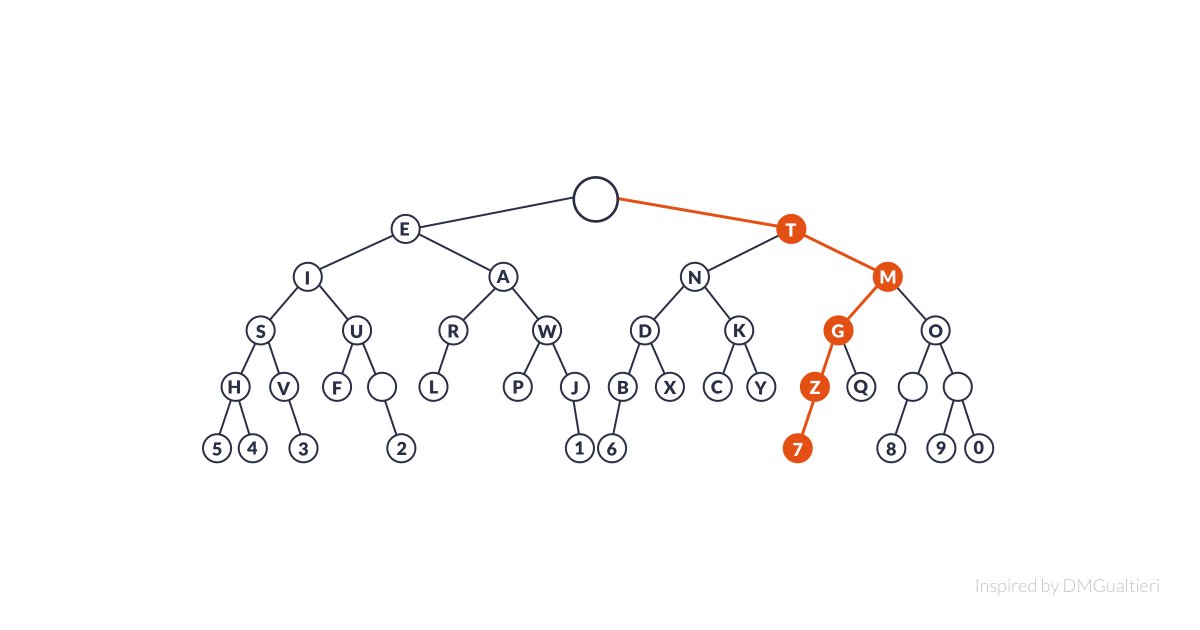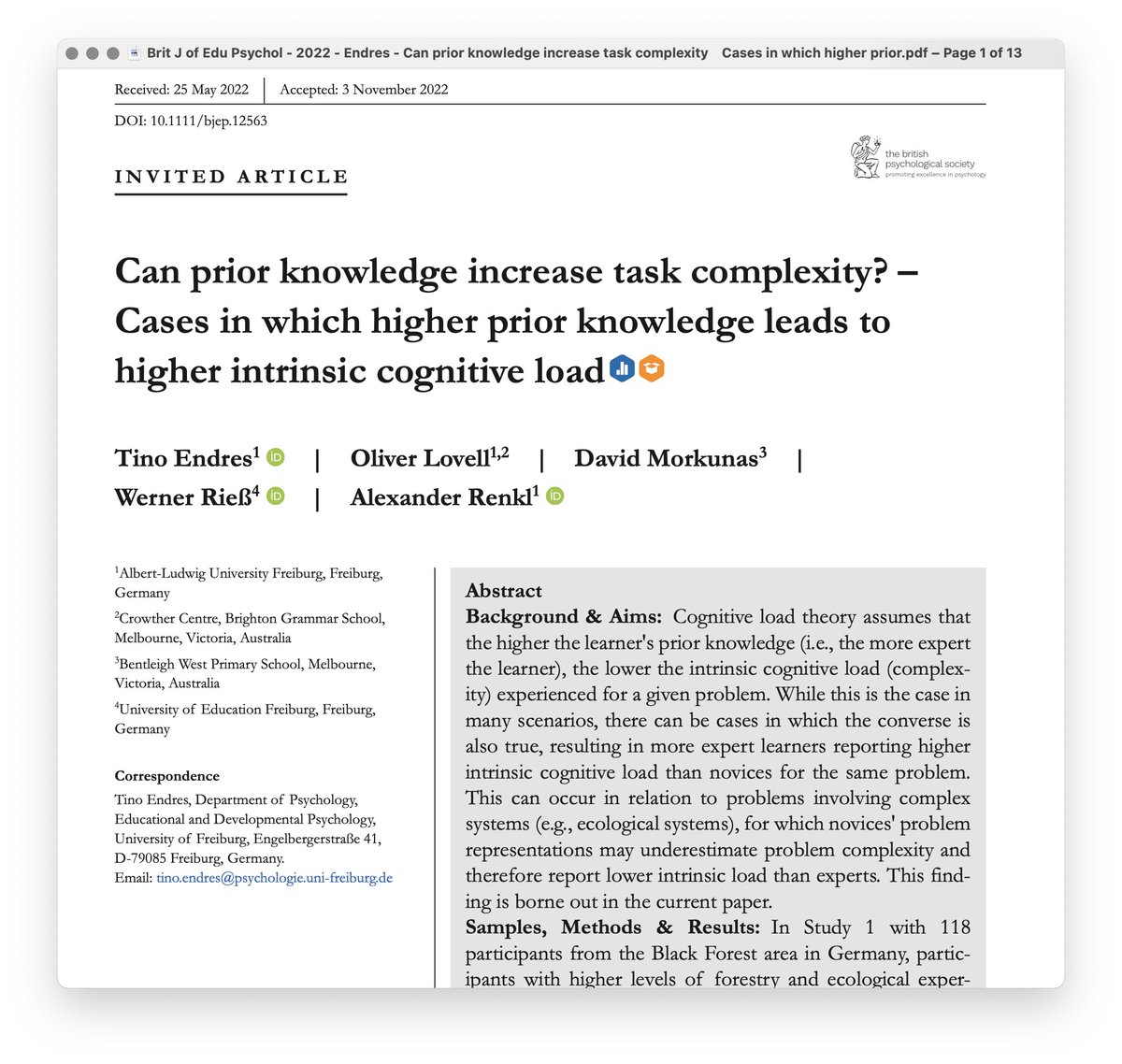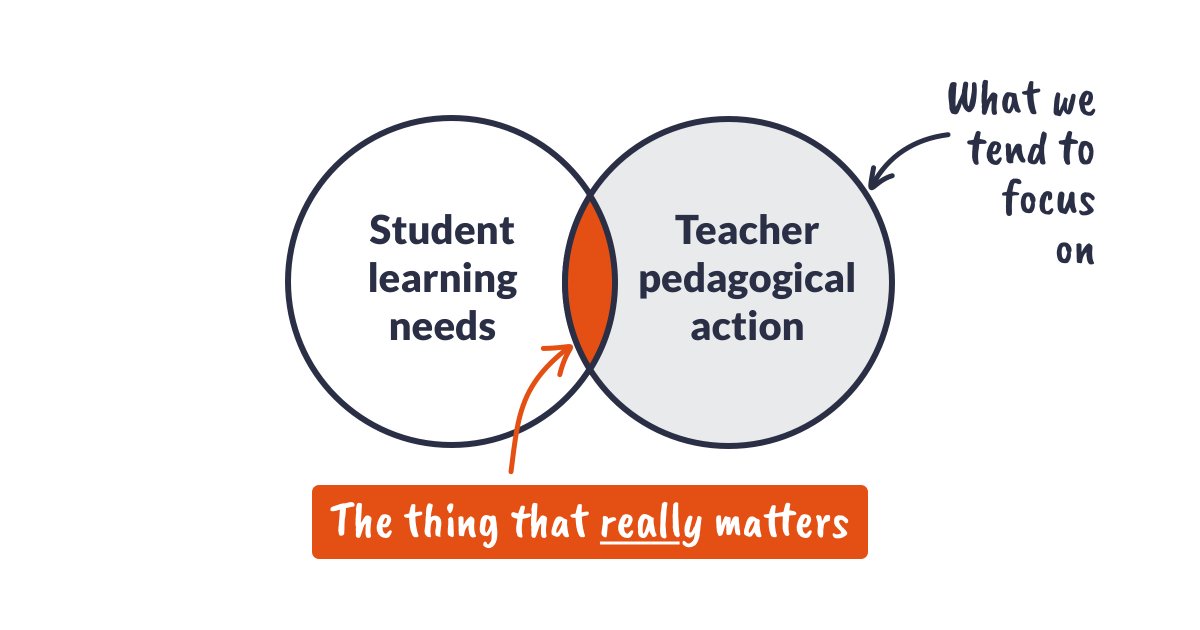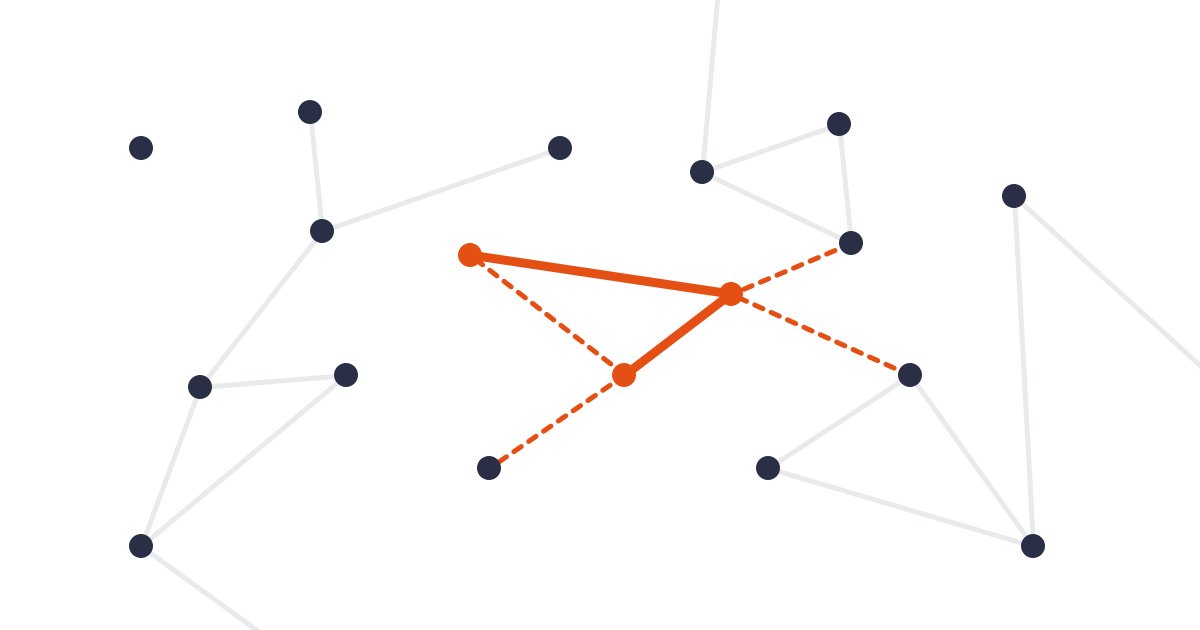Sequencing ideas from more general to specific can help build meaningful learning.
Here's how:
↓
(bonus points for identifying the diagram)
Here's how:
↓
(bonus points for identifying the diagram)

The short answer (popularised by David Ausubel) is that making learning meaningful is largely the result of...
building connections with what we already know.
✨
building connections with what we already know.
✨
The more connections we forge, the deeper our understanding and the more durable our memory.
The opposite of meaningful learning occurs when we learn things by rote and build isolated islands of knowledge.
The opposite of meaningful learning occurs when we learn things by rote and build isolated islands of knowledge.
“In rote learning, we acquire isolated facts and rules that we can parrot back on an exam but that we cannot necessarily use.”
— David Ausubel
— David Ausubel
How can we build meaningful learning? There are 3 main strategies:
1. Sequencing ideas from more general to specific.
2. Activating prior knowledge before introducing new.
3. Generating connections between new ideas and old.
1. Sequencing ideas from more general to specific.
2. Activating prior knowledge before introducing new.
3. Generating connections between new ideas and old.
For now, let's just focus on #1
Ausubel argues that knowledge tends to be organised hierarchically, and that the most efficient way to help someone learn is to sequence curricular ideas from the more general to the more specific.
For example:
Ausubel argues that knowledge tends to be organised hierarchically, and that the most efficient way to help someone learn is to sequence curricular ideas from the more general to the more specific.
For example:
IN HISTORY
Begin a unit on WWII by first discussing the broader concepts of conflict and reasons nations go to war...
before delving into the specific events and key people.
Begin a unit on WWII by first discussing the broader concepts of conflict and reasons nations go to war...
before delving into the specific events and key people.
IN BIOLOGY
When teaching about cells, start with its role as the basic unit of life and the distinction between types of cells...
before diving deeper into organelles and processes.
When teaching about cells, start with its role as the basic unit of life and the distinction between types of cells...
before diving deeper into organelles and processes.
IN LITERATURE
If studying Romeo and Juliet, begin by discussing the Renaissance and the nature of tragedies...
before digging into the plot and characters.
If studying Romeo and Juliet, begin by discussing the Renaissance and the nature of tragedies...
before digging into the plot and characters.
This approach has the potential to shore up learning because
(A) general concepts act as a contextual ‘anchor’ for subsequent ideas, making them sticker, and
(B) they provide advance organisation for subsequent ideas, making them easier to access in the future.
(A) general concepts act as a contextual ‘anchor’ for subsequent ideas, making them sticker, and
(B) they provide advance organisation for subsequent ideas, making them easier to access in the future.
NUANCE
Now, there is also some evidence that an understanding of the general can be effectively achieved through multiple (and varied) specific examples...
but there is no reason why both approaches can’t be used in combination.
(I think)
Now, there is also some evidence that an understanding of the general can be effectively achieved through multiple (and varied) specific examples...
but there is no reason why both approaches can’t be used in combination.
(I think)
CAVEAT
Not all subjects are hierarchical in disciplinary structure, and so this approach may not be so relevant in some contexts.
Not all subjects are hierarchical in disciplinary structure, and so this approach may not be so relevant in some contexts.
🎓 For more, check out this paper exploring the nuances of prior knowledge and cognitive load ⤵️
bpspsychub.onlinelibrary.wiley.com/doi/10.1111/bj…

bpspsychub.onlinelibrary.wiley.com/doi/10.1111/bj…

@SCottinghatt SUMMARY
• Meaningful learning is largely about making connections.
• One way to achieve this is by sequencing ideas from general to specific.
• This can help students to anchor and better organise their understanding.
👊
• Meaningful learning is largely about making connections.
• One way to achieve this is by sequencing ideas from general to specific.
• This can help students to anchor and better organise their understanding.
👊
@SCottinghatt PS. If you still need a clue ⤵️
.- -... --- ..- - / - .... . / -.. .. .- --. .-. .- --
.- -... --- ..- - / - .... . / -.. .. .- --. .-. .- --
• • •
Missing some Tweet in this thread? You can try to
force a refresh










